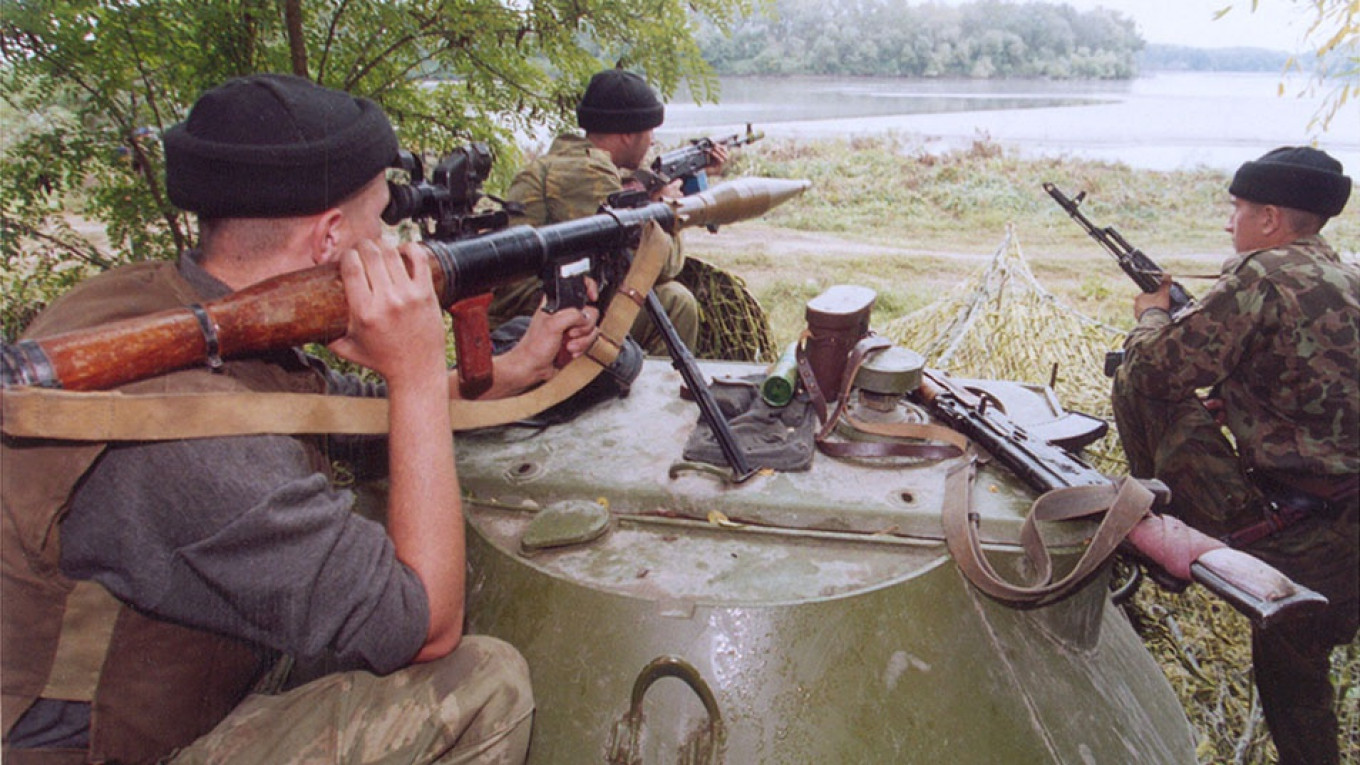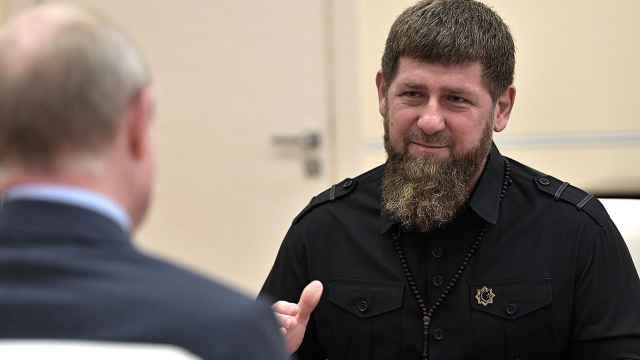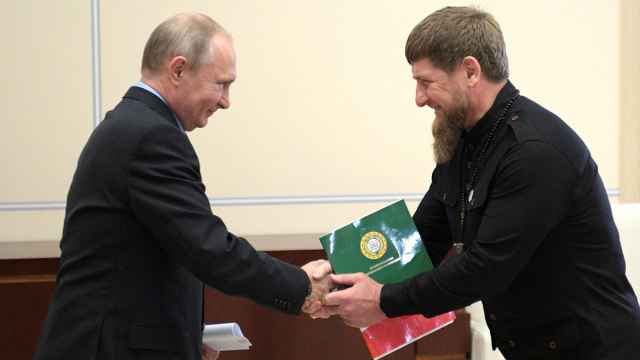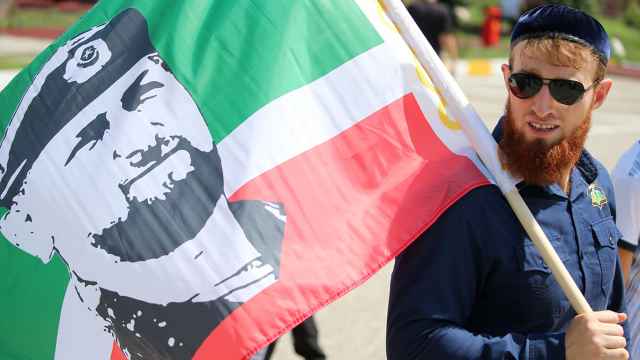The European Court of Human Rights has ordered Russia to pay 1.5 million euros in damages to the relatives of 22 individuals who disappeared in Chechnya between 2001 to 2005 after allegedly being detained by federal security forces.
Russia fought two wars against separatists in the majority Muslim republic of Chechnya in 1994-1996 and 1999-2009. In a previous court case, the European Court of Human Rights found Russia responsible for 18 deaths resulting from a military strike on a village in Chechnya in February 2000, ordering it to pay more than 1 million euros in damages.
The European Court ruled Tuesday that the disappeared individuals’ right to life, liberty, judicial protection, and the prohibition of torture and inhumane treatment had been violated and ordered the compensation of twenty groups of relatives.
According to the Mediazona news outlet, representatives of the Russian Justice Ministry said that the relatives of the abductees did not provide sufficient evidence that federal troops or other representatives of the state took part in the operations.
Justice Initiative, a Dutch-based NGO that helped represent 13 of the applicants who won their cases, reported that the Russian government would be unable to appeal the ruling.
“It’s been 16 years since the moment Magomed disappeared, but I remember the day like it was yesterday: Military men stormed in at 3 a.m., and arrested two of us,” a relative of one of the abducted men told Justice Initiative.“I was later released but they took my brother away,” he added.
According to Justice Initiative lawyer Olga Gnezdilova, “only two bodies have been found of the 15 men that vanished.”
A Message from The Moscow Times:
Dear readers,
We are facing unprecedented challenges. Russia's Prosecutor General's Office has designated The Moscow Times as an "undesirable" organization, criminalizing our work and putting our staff at risk of prosecution. This follows our earlier unjust labeling as a "foreign agent."
These actions are direct attempts to silence independent journalism in Russia. The authorities claim our work "discredits the decisions of the Russian leadership." We see things differently: we strive to provide accurate, unbiased reporting on Russia.
We, the journalists of The Moscow Times, refuse to be silenced. But to continue our work, we need your help.
Your support, no matter how small, makes a world of difference. If you can, please support us monthly starting from just $2. It's quick to set up, and every contribution makes a significant impact.
By supporting The Moscow Times, you're defending open, independent journalism in the face of repression. Thank you for standing with us.
Remind me later.






